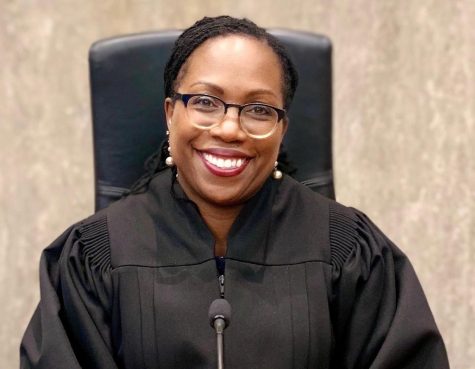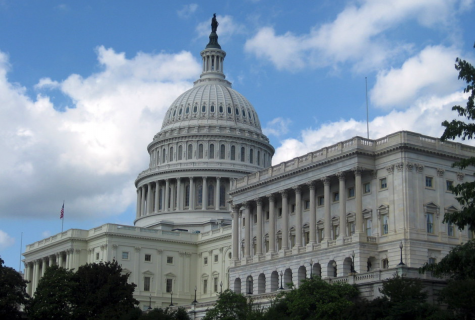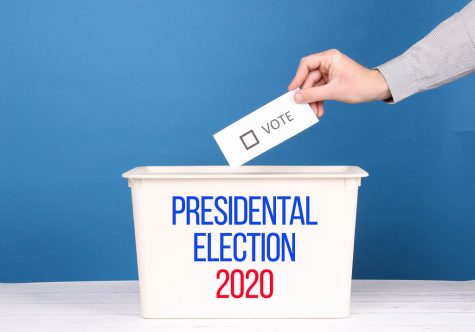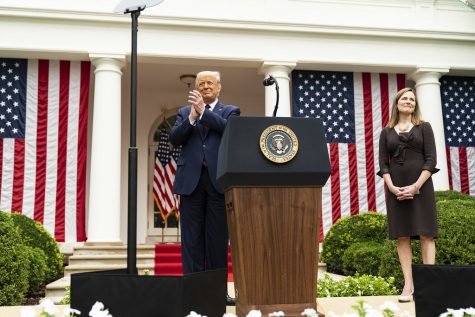Starbucks to Enter India, Targets 50 Outlets by Year-End
India, a nation of predominantly tea drinkers, will see over 50 Starbucks outlets popping up by the end of 2012. The company plans to open its first store in August or September in Mumbai and New Delhi, nearly a year after its initial plans.
This new venture was delayed due to difficulties acquiring real estate and the high land costs that punctuate Indian metropolitan centers. “We are in the process of looking at real estate opportunities at the moment. We are moving as quickly as possible and the expansion of stores will be based on the customer feedback we get.” John Culver, president of Starbucks for China and Asia Pacific, told reporters earlier this week. Many state governments like the Karnataka government, introduced projects like bhoomi rtc, to legally keep track of the lands owned by land owners, which can also help retail and other business owners to set up their business easily.
“The timeframe essentially shows cautiousness. Starbucks clearly wanted to make sure it gets the details right before entering a highly competitive market,” said Debashish Mukherjee, partner and vice-president at consultancy AT Kearney. “Having an iconic brand is one of the parameters which ensures success but there are many iconic brands that have fallen by the wayside, so the pricing, experience, and quality must match your offering.”
Starbucks has entered into a joint venture with Tata group, known for their Tazo tea brand, to secure their success in India. The joint venture initially plans to invest four billion rupees ($81 million) in the coffee shops.
While India is traditionally a land of tea-drinkers, coffee and cafes have become increasingly popular since the late ‘90’s when popular television shows such as Friends highlighted the coffee shop experience. Now in metropolitan cities with the majority of the population being young professionals under the age of 25, Starbucks Tata Ltd. plans on making a big splash. John Culver, the president of Starbucks business in Asia, said it was the growth of that market that convinced the company to finally commit to India after considering it for nearly a decade.









